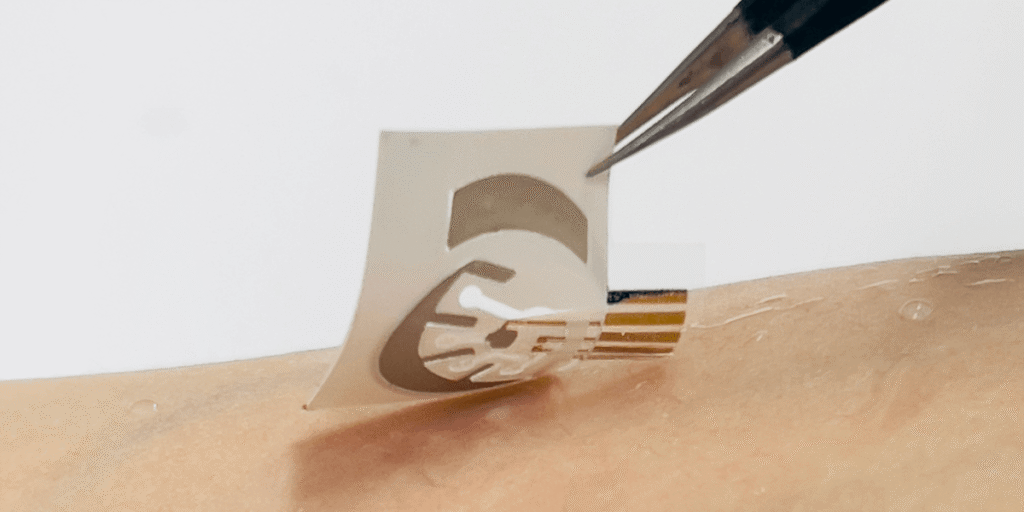Engineers at the University of Southern California have developed a fully printed wearable sensor that monitors lithium levels in sweat, offering a noninvasive alternative to blood draws for patients with bipolar disorder. Lithium is a gold-standard treatment for bipolar disorder, but it has a narrow therapeutic window—too little is ineffective, too much can be toxic. Regular monitoring is essential, yet current methods rely on lab-based blood tests that are inconvenient and painful.
The USC device uses organic electrochemical transistors (OECTs) tailored to detect lithium ions. These transistors convert ionic signals in sweat into readable electronic data. The sensor includes a skin-safe iontophoresis system that induces sweat without physical exertion, making it suitable for use at rest. Data is collected in minutes and transmitted to a smartphone app, allowing patients to track their lithium levels from home.
The sensor is fully printed using scalable, cost-effective fabrication methods. It’s the first of its kind to integrate sweat induction, lithium detection, and wireless readout into a single wearable patch. In pilot trials, the device’s readings matched those from commercial lab equipment, and patients responded positively to the convenience and comfort of the system.
Clinical collaborator Dr. Adam Frank at USC’s Keck School of Medicine emphasized the potential for improved safety and adherence. Continuous monitoring could help physicians adjust dosages in real time, avoiding side effects and toxicity. The team plans to integrate AI into future versions to automate dose adjustments and personalize treatment.
This innovation reflects a broader shift toward precision mental health care—where wearable technology and real-time data empower patients and clinicians alike. It could reduce hospital visits, improve outcomes, and make lithium therapy more accessible and manageable for millions of people.

